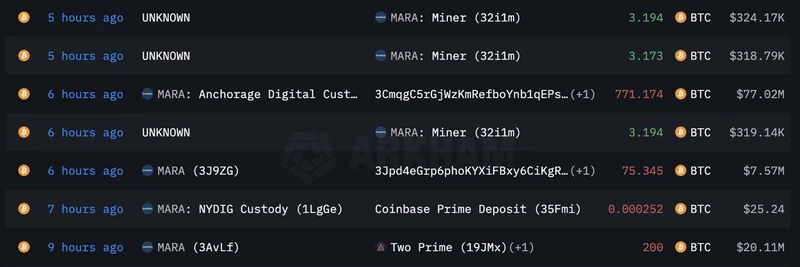In the ever-evolving world of cryptocurrency, big players like Coinbase are constantly pushing boundaries to bring more legitimacy and integration to the space. Recently, Paul Grewal, Coinbase's Chief Legal Officer, took to X (formerly Twitter) to call out the Independent Community Bankers of America (ICBA) for opposing Coinbase's application for a national trust bank charter. This move highlights the ongoing tension between traditional banking and the crypto industry, which could have ripple effects on meme coins and decentralized finance.
Let's break it down. A national trust bank charter is essentially a license from the Office of the Comptroller of the Currency (OCC) that allows an entity to operate as a trust bank on a national level. Trust banks handle fiduciary activities like managing assets, but they don't take deposits like regular banks. For Coinbase, securing this for its subsidiary, Coinbase National Trust Co., would mean more regulated ways to offer services, potentially making crypto more accessible and secure for users.
The ICBA, a lobbying group for community banks, urged the OCC to deny this application, arguing it doesn't meet statutory standards and could set a "dangerous precedent" for the U.S. banking system. You can read their full letter here.
Grewal fired back, pointing out the irony: "Imagine opposing a regulated trust charter because you prefer crypto to stay … unregulated." He accused bank lobbyists of building "regulatory moats" to protect their interests rather than focusing on consumer protection. This isn't new—traditional finance has often resisted crypto's encroachment, from challenging rewards programs to blocking new entrants.
So, why does this matter for meme coin enthusiasts? Meme coins like Dogecoin or newer ones on platforms like Solana thrive in less regulated environments, but increased regulation could bring stability. If Coinbase gets this charter, it might pave the way for more institutional involvement in crypto, including meme tokens. This could mean better custody solutions, easier on-ramps for fiat to meme coins, and potentially higher liquidity. On the flip side, if lobbyists succeed in blocking it, it might keep crypto on the fringes, exposing meme coin holders to more volatility and risks from unregulated platforms.
Think about it: meme coins are all about community and hype, but without solid infrastructure, they're vulnerable to scams and market manipulations. A regulated entity like Coinbase expanding its services could offer safer ways to trade and hold these assets, attracting more mainstream investors. It's like upgrading from a wild party to a well-organized festival—still fun, but with fewer headaches.
This spat also underscores broader issues in blockchain. Protectionism from banks could slow down innovation, keeping tools like smart contracts and DeFi out of reach for everyday users. For blockchain practitioners, staying informed about these regulatory battles is key to navigating the space effectively.
As the crypto world watches, outcomes like this could shape the future of meme tokens. Will traditional banks adapt, or will they continue to dig in? Either way, it's a reminder that the path to widespread adoption is paved with both opportunities and obstacles. Keep an eye on updates from Coinbase and regulatory bodies to see how this unfolds.


